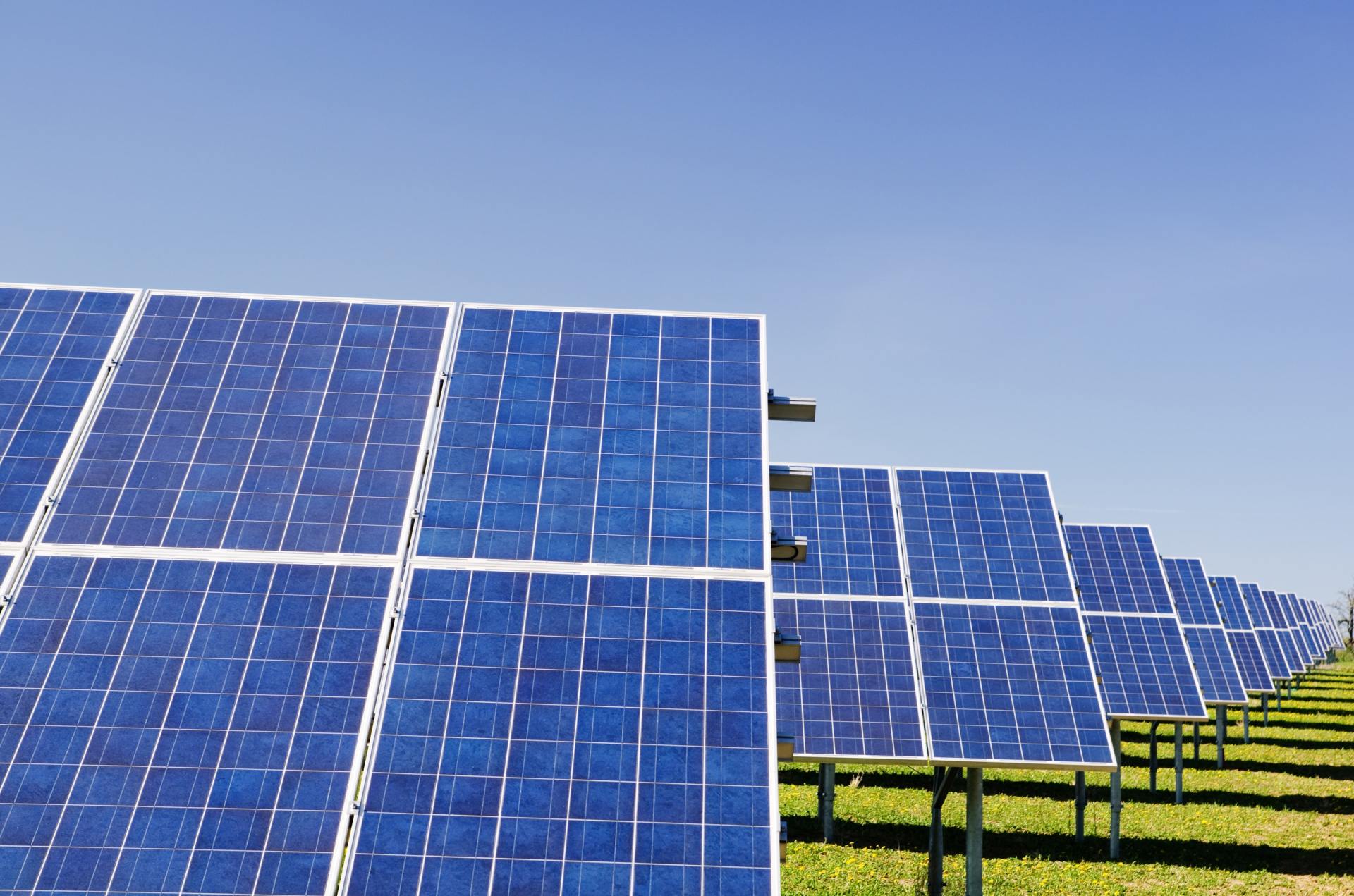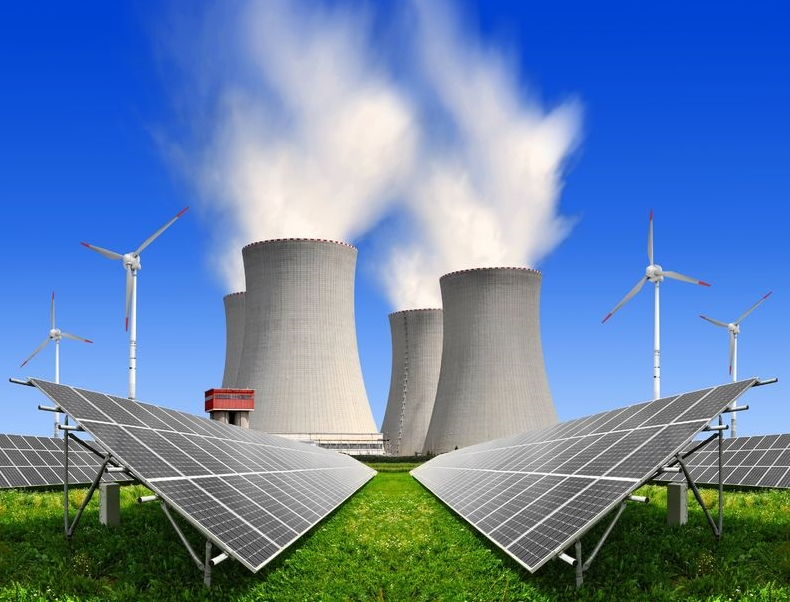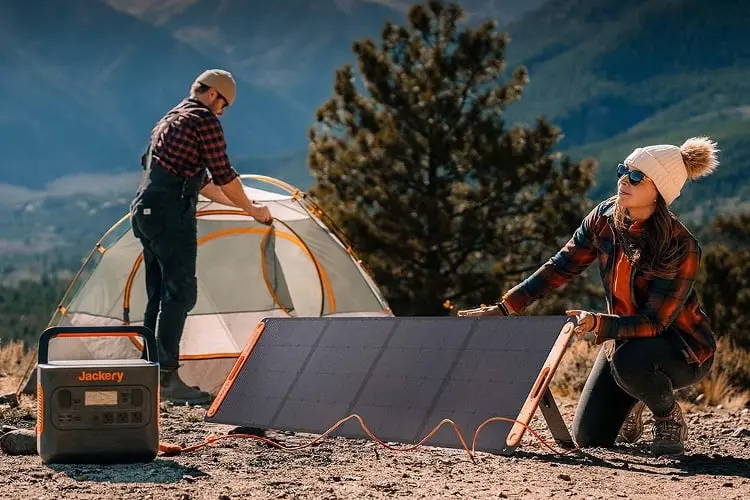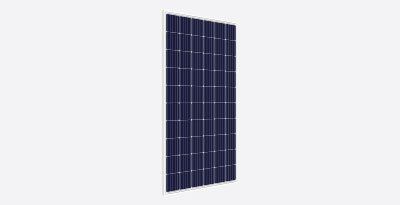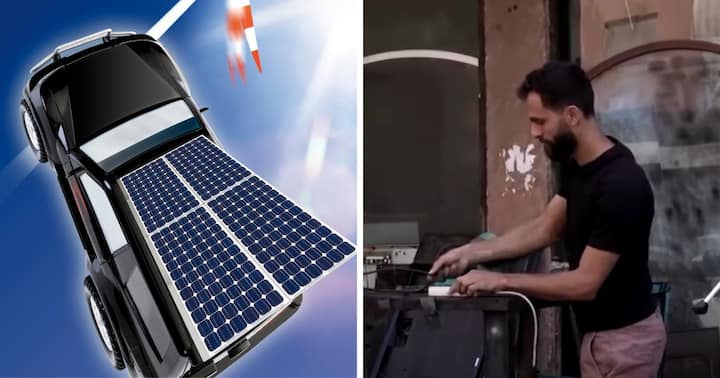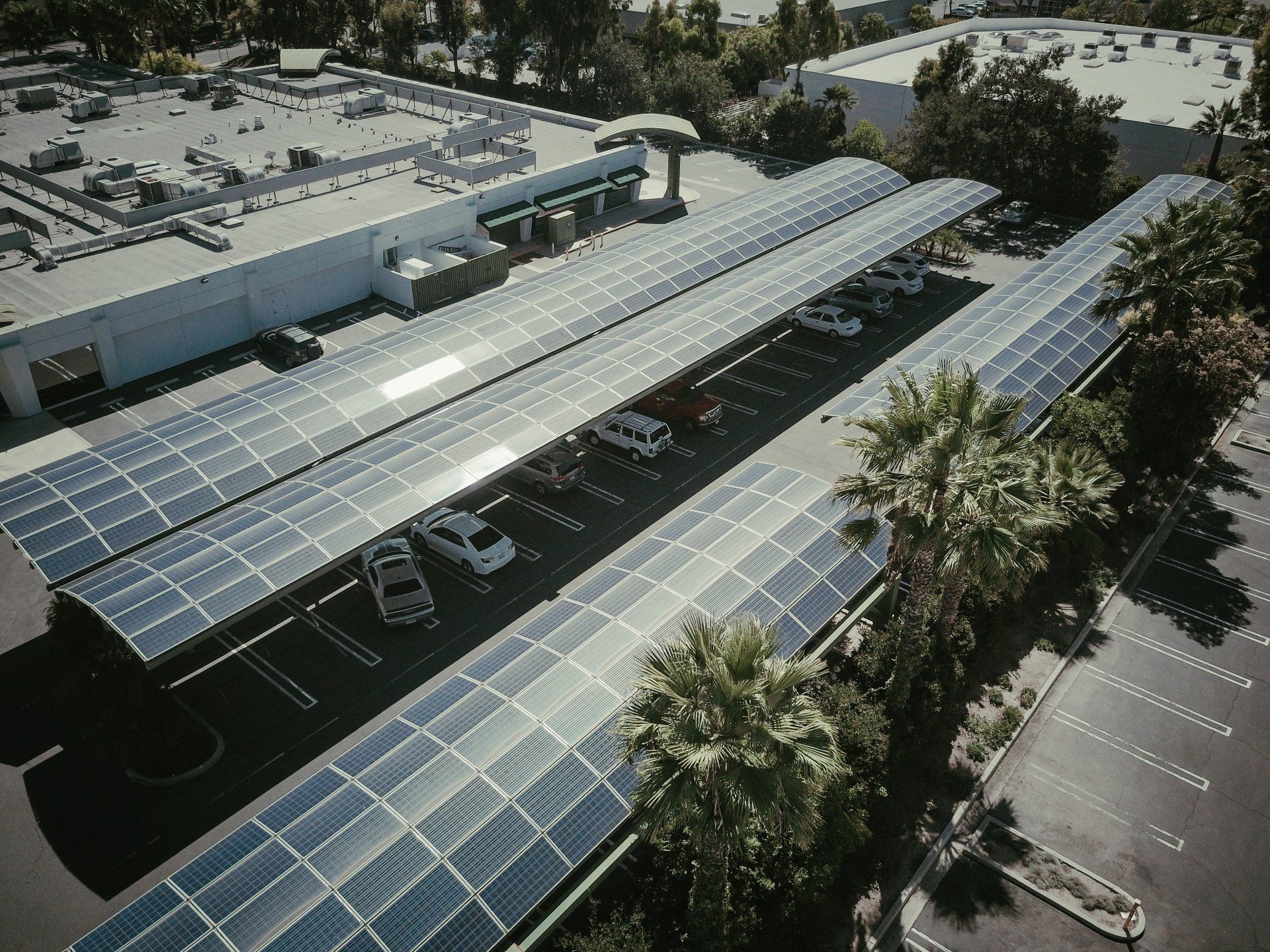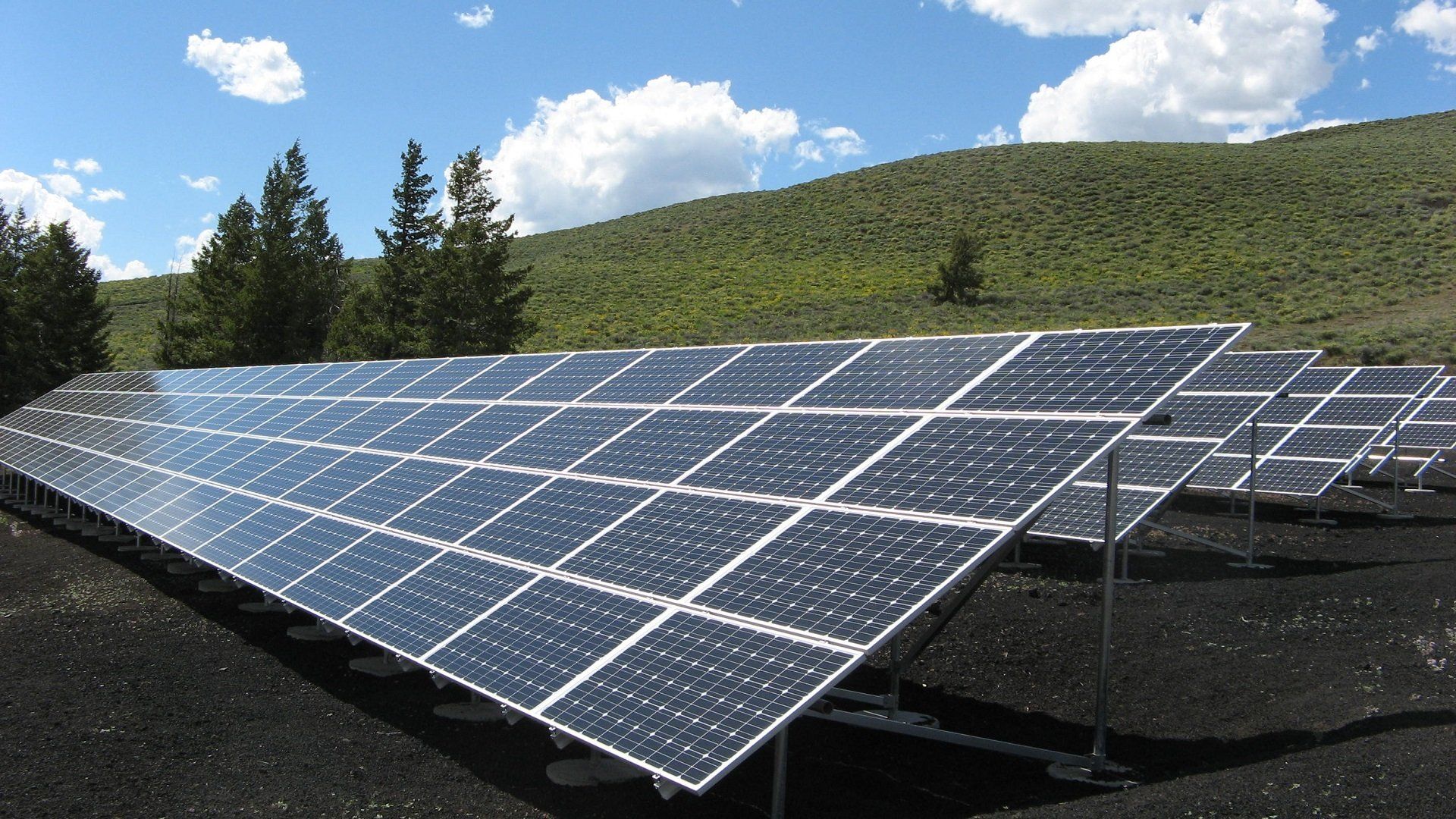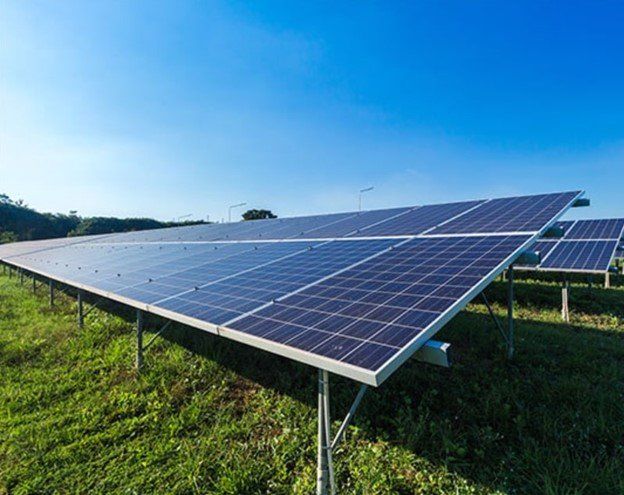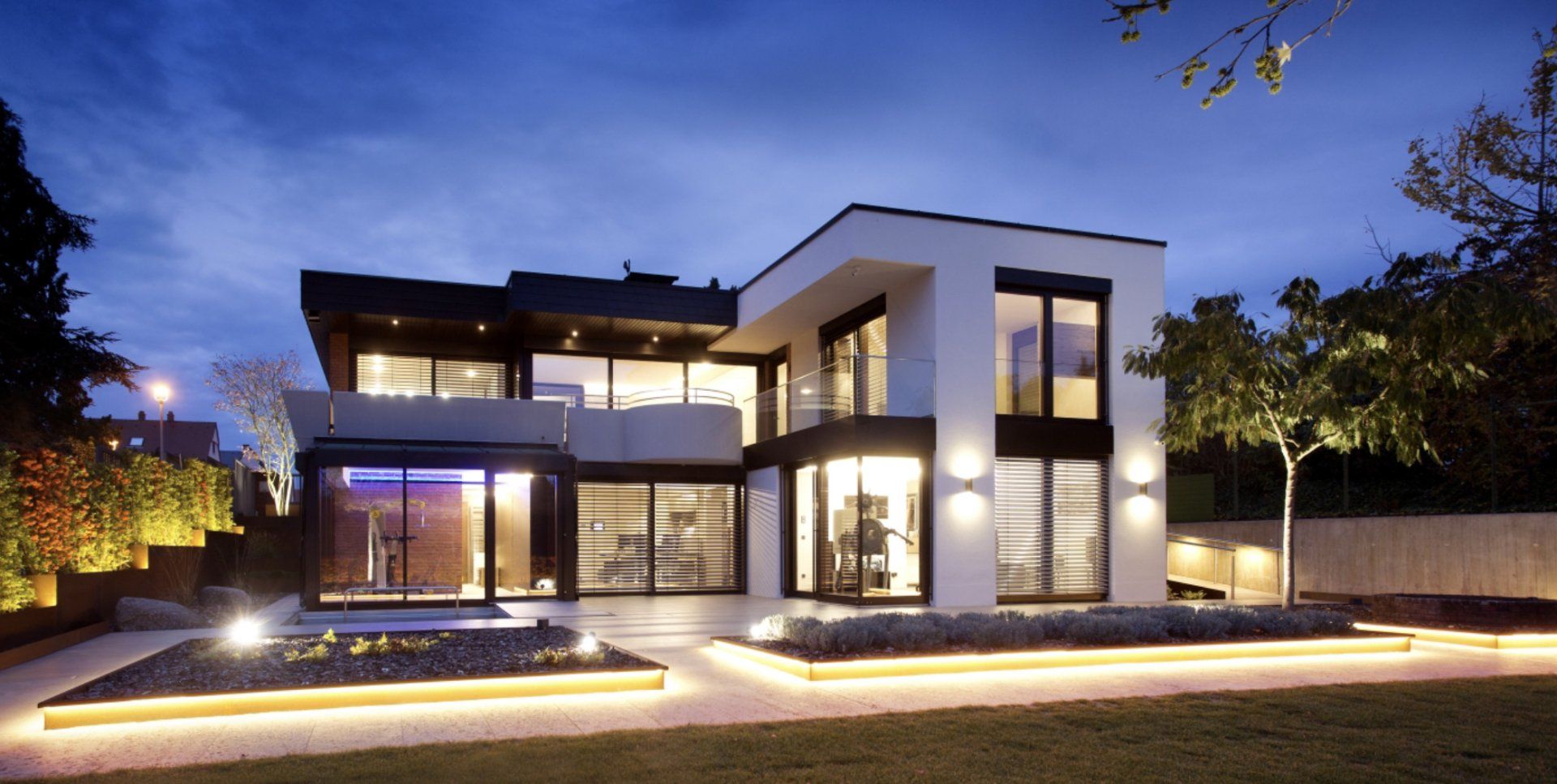Biden Renews Trump-Era Tariffs on Solar Panels With New Exemptions
Biden Renews Trump-Era Tariffs On Solar Panels With New Exemptions.
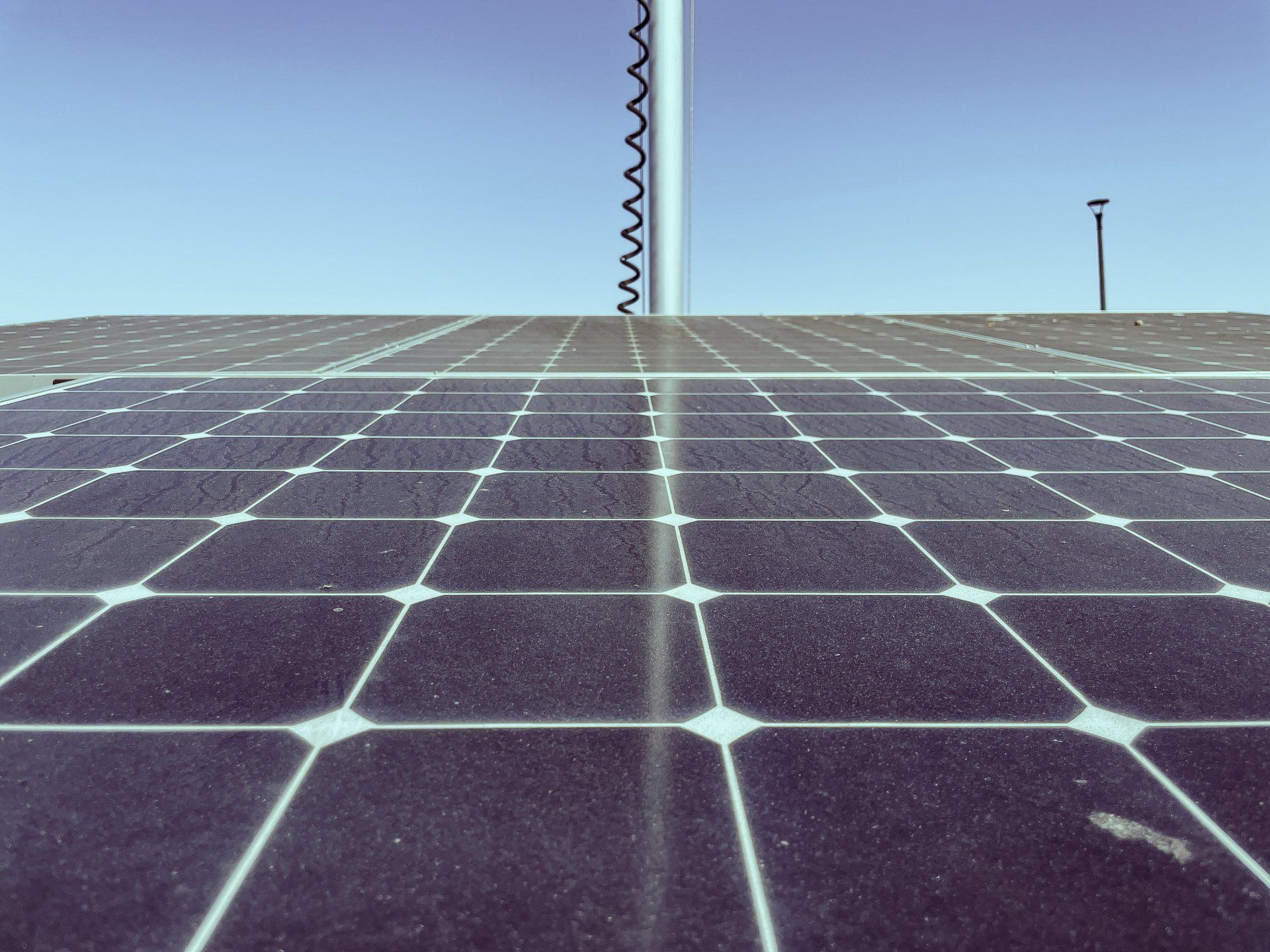
President Joe Biden will extend a set of tariffs on imported solar energy products first enacted during the Trump Administration, but will double the number of solar cells allowed to enter the country duty-free, a move meant as a middle ground between driving the country toward Biden’s energy goals and supporting U.S. manufacturers.
Employees of SunEdison install photovoltaic solar panels on the roof of a Kohl's Department Store on ... [+] July 15, 2008, in Hillsborough, New Jersey.
Getty Images Key Facts
For the next four years, a tariff of between 14% and 15% will apply to imported solar cells and panels that are used to convert sunlight to energy, but the Biden Administration will exempt two-sided bifacial panels—which are inexpensive and widely used in the U.S.—in order to carry on “the pace and scale needed” to meet Biden’s climate and clean energy targets, the administration said in a statement to several news outlets.
The administration will also increase the quota for imported solar cells from 2.5 gigawatts to 5 gigawatts, which will double the number allowed in the country without tariffs.
Officials also said they will discuss allowing Canadian and Mexican exports free of charge, but roughly 60% of solar modules used on U.S. rooftops and utility installations are Chinese-made, according to IHS Markit data cited by the Wall Street Journal.
While the move could lower the cost of solar power installation and make it more competitive compared to less sustainable energy forms, allowing more solar cells to enter the country without tariffs could be a blow to domestic manufacturers struggling to match low prices from Chinese companies (domestic producers only make up 2% of the solar market).
The U.S. International Trade Commission last year advised Biden to continue both the tariffs and the 2.5-gigawatt quota for imported solar cells, saying it was “necessary to prevent or remedy serious injury to the U.S. industry,” and domestic manufacturers expressed disappointment with the new quota Friday, but solar panel installation firms have praised the decision.
The White House did not immediately respond to a Forbes request for comment.
Key Background
The solar tariffs, first put in place by former President Donald Trump in 2018, were scheduled to expire Sunday. The tariffs first stood at 30% and were set to decline 5% each year. In April, Biden announced plans to slash greenhouse gas emissions by at least half from 2005 levels by 2050, nearly doubling the target set by the Obama Administration, which touted a reduction of 25% to 28% in emissions by 2025.
